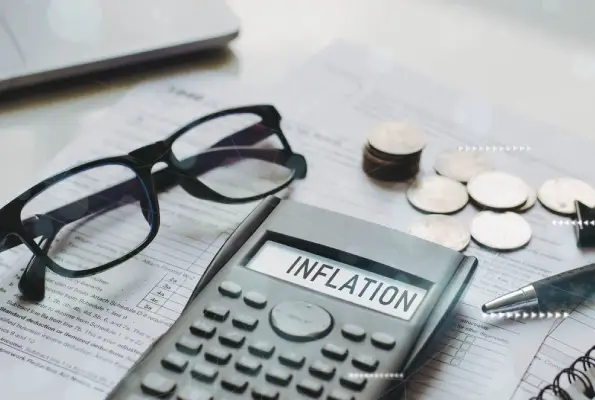Has the Philippines’ inflation picked up for a fourth straight month? Economists and analysts believe so, going by the May 2024 figures, which have possibly hit the country’s central bank’s upper 4% target, due to unfavourable base effects and high electricity rates.
Sarah Tan, an economist from Moody’s Analytics, said headline inflation in the Philippines could pick up to 3.9% in May from 3.8% in April. Still, this would be the sixth straight month that inflation stayed within the 2-4% target range.
“Upward price pressures will come from higher electricity rates as retailers pass on higher costs from the Wholesale Electricity Spot Market amid a jump in electricity demand when temperatures spiked across the country in May,” Tan said, while interacting with the Philippine Star.
“On the other hand, food inflation may have moderated last month as rice prices stabilised,” she said further.
The Bangko Sentral ng Pilipinas (BSP), the Southeast Asian nation’s central bank, will also likely keep interest rates unchanged at its next policy review on June 27, Tan predicted. The BSP Monetary Board has already hiked the key interest rate by 450 basis points to 6.5%.
“It is unlikely that inflation will sharply exceed the BSP’s upper target of 4%, and so we don’t expect any hikes. A cooling core inflation reading will also give BSP confidence to keep the policy rate steady,” Tan continued.
If inflation stays below 4% in May 2024, it is possible for the BSP to make its first interest rate cut in August.
“Potentially higher electricity rates to come and further weakening of the Peso will add inflationary pressures, but these will be cushioned by a moderation in food inflation as El Niño exits,” Tan told the Philippine Star.
“Otherwise, the first cut may only come in the fourth quarter,” she added.
Makoto Tsuchiya, an economist at Oxford Economics, said the consumer price index (CPI) in the archipelago nation may rise to 4% in May 2024 due to unfavourable base effects.
“We expect the headline inflation to hover around 4% in the coming few months, but this is unlikely to make the BSP more hawkish, as such an overshoot is already priced in by the central bank,” he said further.
Tsuchiya also sees the BSP starting to cut borrowing costs in the 2024 fourth quarter.
“Higher electricity rates could be an upside risk, but is unlikely to be a main source of much stronger inflation, as electricity only accounts for less than 5% of the CPI basket,” the Oxford Economics’ expert noted further.
“On the other hand, a weaker Peso could add upward inflationary pressures through higher import prices. But we continue to expect disinflation later this year, simply because base effects will likely outweigh any inflationary forces from a weaker currency,” Tsuchiya added further.
Security Bank chief economist Robert Dan Roces also sees May inflation at 4%, with a range of 3.6-4.4%.
“We expect slower food price growth, although rice inflation remains a major culprit. However, rising utility costs and a weakening Philippine Peso, which inflates import prices, will counteract this slowdown. Transportation costs, on the other hand, are projected to offer some relief,” Roces said.
Among other experts, UnionBank chief economist Ruben Carlo Asuncion said May inflation could hit 3.8%, unchanged from a month ago, and could average at 3.3% throughout 2024.
“We expect headline inflation to plateau in the 3.9-4.1% range in June to July before falling to 3.4% in August and lower thereafter. In our updated CPI trajectory, inflation may ease to a low of 3.1% in December 2024 with 3.8% as the high case for the year-end inflation,” he said.
Risks to the inflation outlook have also been moderated, which supports the case for a rate cut later in 2024. However, the BSP is unlikely to cut before the United States Federal Reserve as the Monetary Board would wait until El Niño effects have receded, local food supply has normalised and rice inflation has materially narrowed.
“Sans a permanent settlement of the Gaza conflict, we are still vulnerable to geopolitical risk in the Middle East,” Asuncion said.
“While we believe there is still just cause to celebrate April inflation of less than 4%, gradual accumulation in the near-term rather than buying the dips aggressively is still the sober approach,” he concluded.



